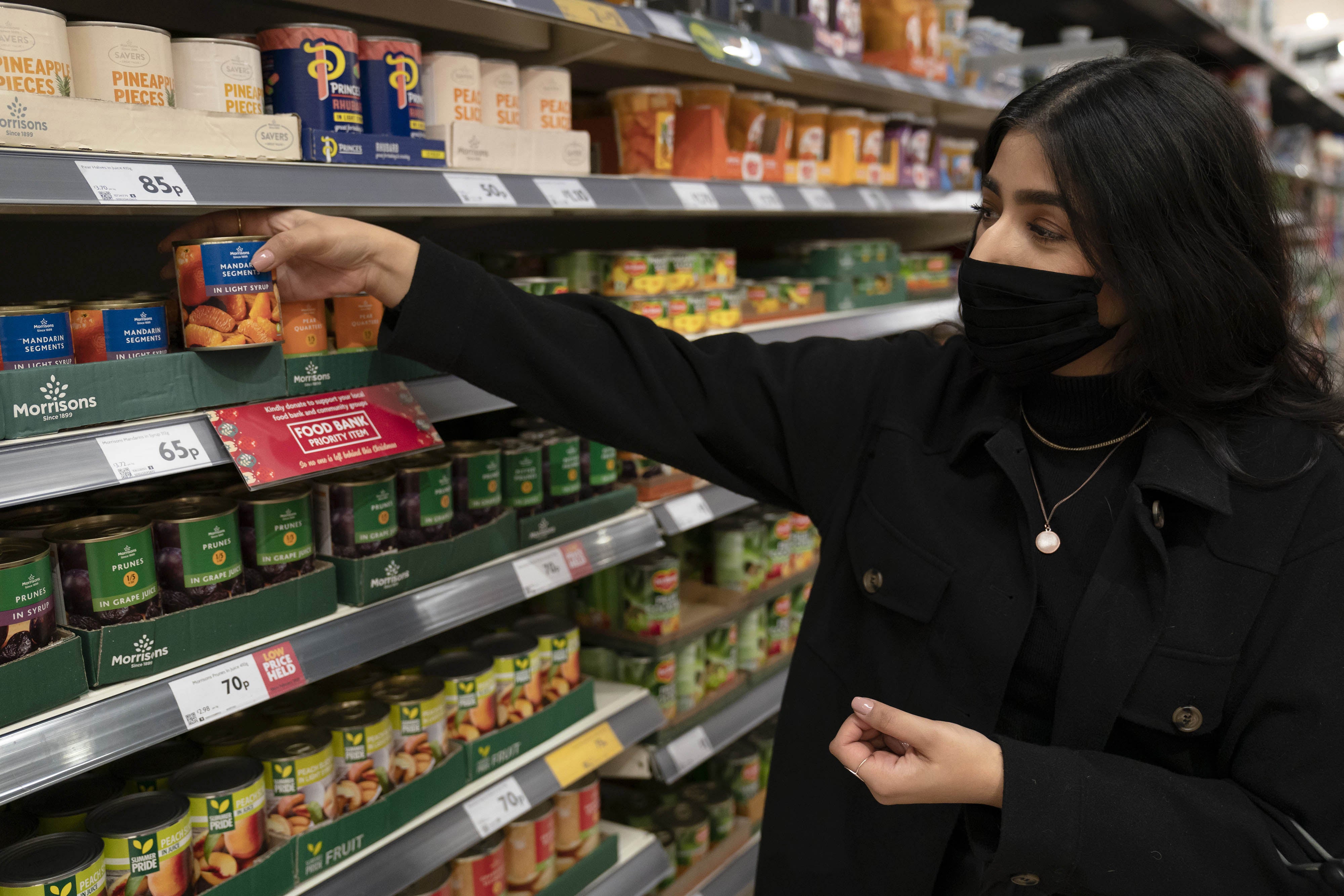Women ‘brutally exposed’ to cost-of-living crisis after bearing brunt of soaring poverty
Exclusive: Data from Labour’s shadow women and equalities secretary reveals women left ‘brutally exposed’ to cost of living crisis

Women have been left “brutally exposed” to the cost of living crisis as they were disproportionately affected by surging poverty levels in the last decade, new figures show.
Data, shared exclusively with The Independent, revealed that from 2010-11 to 2019-20 the proportion of people living in relative poverty soared by almost 1.5 million.
Analysis of Department for Work and Pensions statistics, carried out by Labour’s shadow women and equalities secretary Anneliese Dodds, found women made up almost 890,000 of that number.
That amounts to some 60 per cent of the total, despite women comprising 51 per cent of the UK population.
Researchers said there are now more than 7.5 million women living in relative poverty up and down the UK – almost a quarter of all women living in the country.
Some 6.8 million men are in the same situation, which means 14.4 million people are living in relative poverty – accounting for 22 per cent of the UK’s population. Relative poverty is defined as household incomes which are 50 per cent less than average.
Ms Dodds said: “The Conservatives have spent a decade pushing women into poverty, leaving them brutally exposed to the cost of living crisis engulfing Britain today.
“The government’s own statistics show women feel less likely to cope with a sudden rise in bills than men, which is why we desperately need action from ministers to help them cope. Instead, the prime minister and chancellor are too preoccupied with saving their own skins.”
Ms Dodds warned the Conservative Party are are letting women down as she stated that “Labour is on their side”.
She added: “That’s why we’re calling for an emergency budget to help the millions of women bearing the brunt of this crisis, with a windfall tax on oil and gas companies to cut energy bills by up to £600 for households most in need – many of whom are run by women.
“And Labour’s new deal for working people will support millions of women in the workplace, with stronger family-friendly rights, equal pay comparisons across employers, and action to tackle workplace harassment.”
Ms Dodds’ office warned women are now faced with shouldering the burden of the Conservative government not addressing the cost of living crisis - with data from the Office for National Statistics (ONS) demonstrating women often feel less able to cope with a sudden surge in bills than men do.
The ONS cost of living polling discovered around three in 10 women said their household would not be able to afford an unexpected £850 payment, while around a quarter of men said this. Labour argues this means 1.6 million more women than men feel unable to handle this extra payment.
The Labour Party predicts the surging prices of taxes, mortgages, energy, food and petrol prices will result in family finances being hit with an average of £2,620 annually – with Keir Starmer, Labour’s leader, demanding an emergency budget to address the cost of living crisis.
It comes after research from last year discovered women living in the north of England have been disproportionately hit by the recession unleashed by the pandemic.
Researchers at IPPR North found almost half of northern women currently in work are in sectors that have been most starkly damaged by the coronavirus emergency, such as retail and hospitality. In sharp comparison, men constitute around only a quarter of the workforce in these industries.
A spokesperson for the Department of Work and Pensions said: “We know there are pressures on the cost of living, which is why we're spending £22 billion across the next financial year to support people across the country.
”In 2020/21 there were two million fewer people in absolute poverty after housing costs than in 2009/10, and we're building on this by putting £1,000 more per year into the pockets of working families on Universal Credit.
“We have also boosted the minimum wage for full-time workers and extended our Household Support Fund to help families with the cost of everyday essentials.”
Subscribe to Independent Premium to bookmark this article
Want to bookmark your favourite articles and stories to read or reference later? Start your Independent Premium subscription today.

Join our commenting forum
Join thought-provoking conversations, follow other Independent readers and see their replies